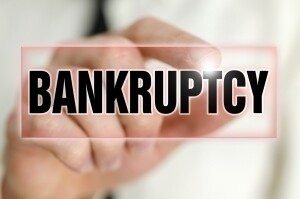Utah Personal Bankruptcy Information (Definitions)
Learn about Important…
The following are common terms used on this site regarding personal bankruptcy information in Utah:
Assets
Any property that a business or individual owns.
Automatic Stay
This injunction stops the creditor from attempting to collect from the debtor. An automatic stay takes effect immediately after the debtor files for bankruptcy.
Chapter 7
The Utah bankruptcy court seizes non-exempt assets owned by the debtor and sells them to pay the creditor. A Utah bankruptcy attorney will help you protect your property in this process. This is the most common Utah person bankruptcy.
Chapter 13
The Utah bankruptcy court permits the debtor to retain his or her assets. The court requires the debtor to make payments to its creditors according to a repayment plan, which is approved by the court.
Creditor
The business or individual that is owed money by a debtor.
Debtor
The business or individual that owes money to the creditor.
Discharged Debt
Debt that the debtor no longer legally responsible to pay and removes it from the debtor’s credit history. A Debt discharge will be awarded by the Utah bankruptcy court by successfully completing bankruptcy.
Equity
The dollar amount that an asset can be sold for in excess of the money owed on the asset.
Exempt Assets
Property that state and federal laws protect. This property will not be taken from the debtor. A Weekes Law bankruptcy attorney will help you understand these laws and protect your property.
Non-Exempt Assets
The property that the Utah bankruptcy court takes from the debtor and sells (liquidates) to pay the creditors.
Get Started: Submit a Free Evaluation Form
Now that you understand the important Utah bankruptcy terms, you are ready to begin the process of returning to financial stability. Submit a free evaluation form and let our experienced Utah bankruptcy lawyers help you recover from debt and accomplish your financial goals.







